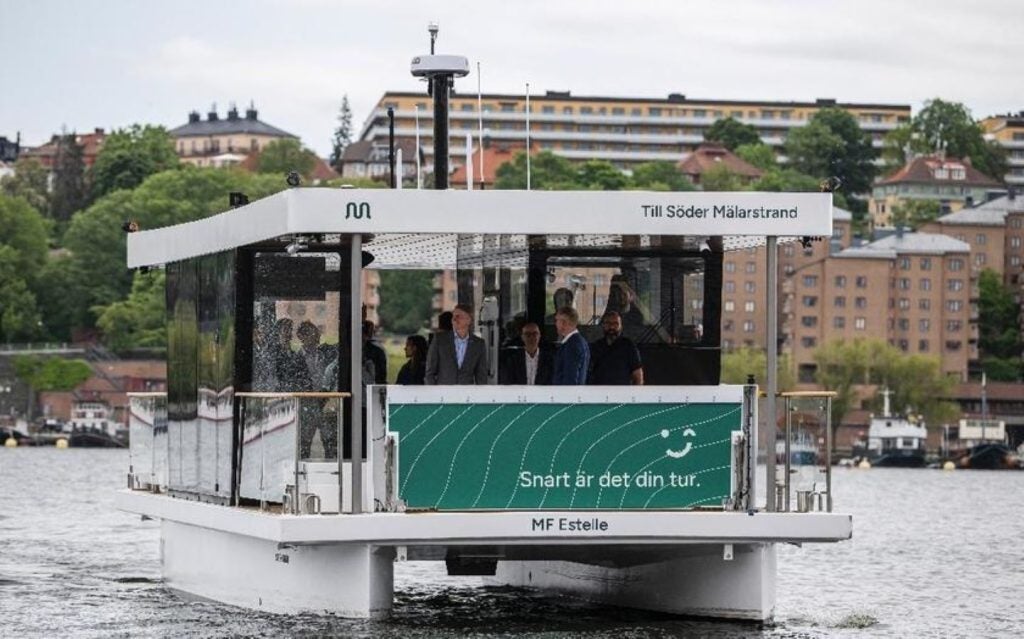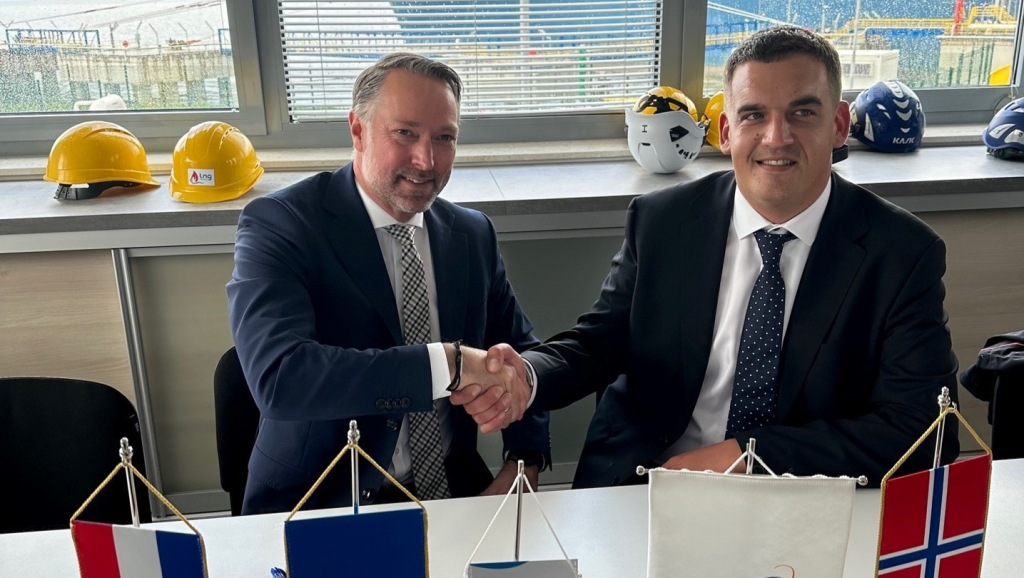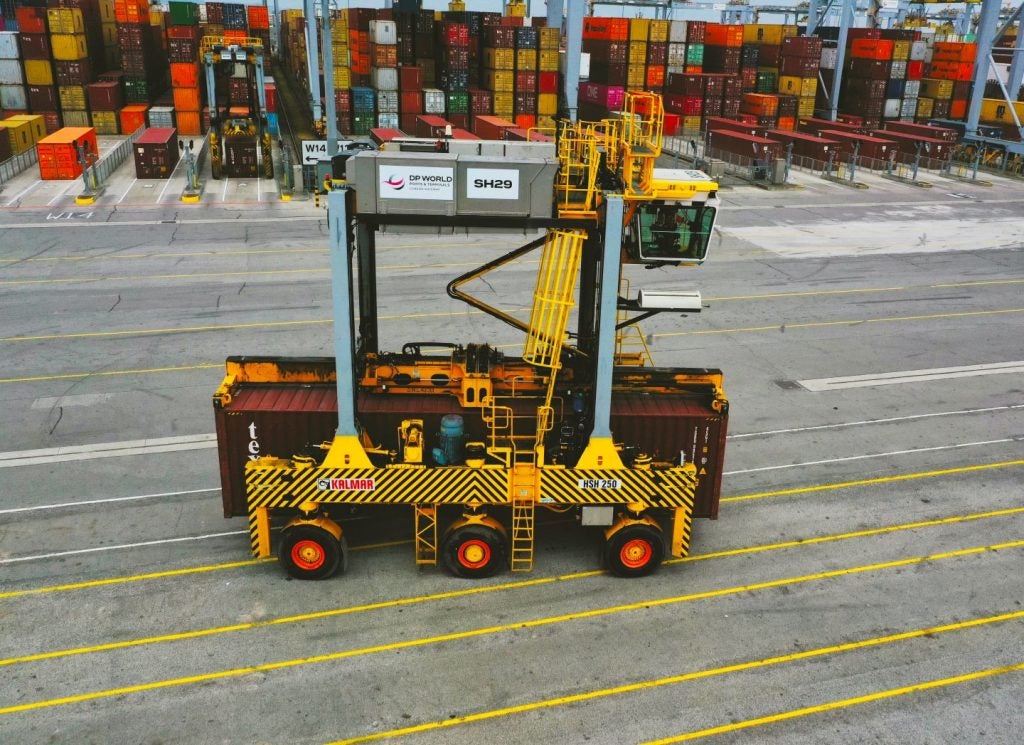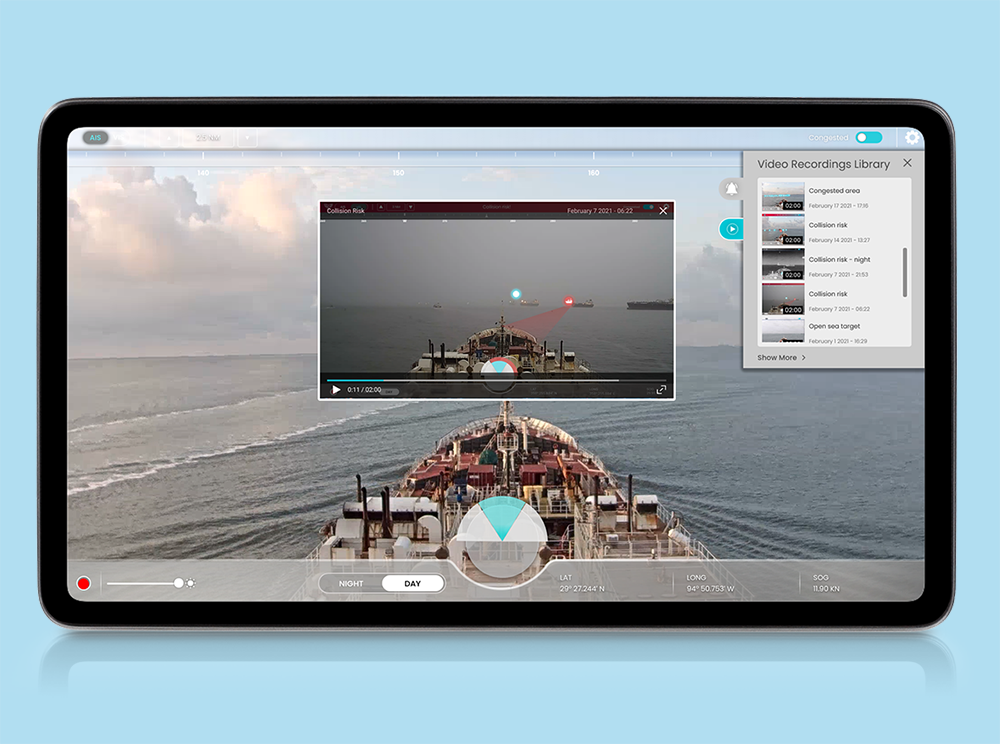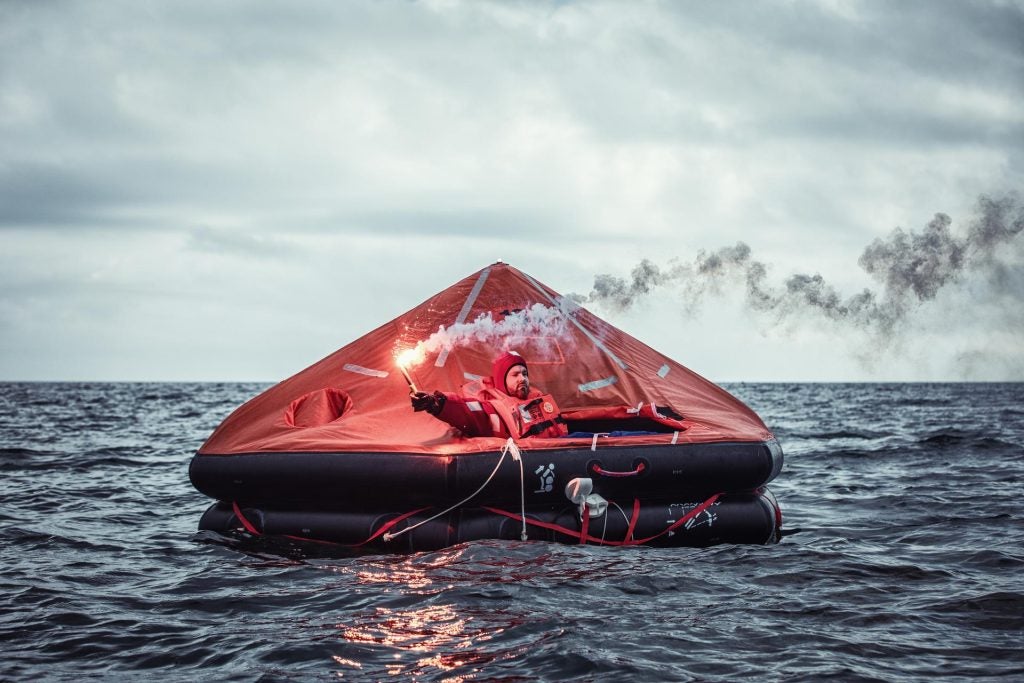Norwegian shipping company Torghatten AS has partnered with Norwegian technology company Zeabuz to launch the MF Estelle, the world’s first emission-free autonomous ferry.
The MF Estelle was inaugurated at Norr Malarstrand in Stockholm, a southbound boulevard, where the ferry will start operating from regularly, increasing Torghatten AS’ fleet to 62 ferries.
Furthermore, Torghatten enhances the passenger experience for its 70 million travellers by employing Zeabuz's advanced autonomous technology called Zeabuz Smart Navigation, which ensures efficient and secure ferry operations.
Torghatten AS CEO Stein Andre Herigstad-Olsen expresses his enthusiasm for this new venture and emphasises the possibilities for the future of maritime.
Olsen said: “Estelle is a sustainable and green pioneer, offering a solution to traffic congestion and inspiring alternative modes of transportation. With its electric, self-driving capabilities and advanced digital security, Estelle sets the stage for future advancements in the industry.
“We are incredibly proud to be part of this historic moment, launching the world's first commercial, emission-free, electric, autonomous passenger ferry right in the heart of a Scandinavian metropolis.”
The goals of this endeavour include the creation of a network of virtual bridges and the utilisation of waterways to alleviate road congestion whilst promoting affordable and sustainable mobility.
Zeabuz has emphasised on its autonomy system platform how it intends the system to work, which includes creating the "most experienced captain in the world" by training its algorithms in a digital world. In this digital world, it can test any situation imaginable without putting anyone at risk.
Additionally, it will run several scenarios in parallel, at high speed and with many repetitions, thereby generating more experience than would ever have been possible in the real world.
Zeabuz CTO Øyvind Smogeli has been vital in developing the new product range and explains how this new technology can support a range of operations and maritime segments.
Smogeli said: “This differentiation is the key to scalability. Our products and solutions can support a wide range of operational setups, focusing on efficient human-machine collaboration at different levels of autonomy.
“Our technology is adaptable to various segments, vessel types and mobility concepts. Water shuttles, workboats, fast ferries, car ferries and inland waterway transport are examples that all can benefit from the Smart Navigation product line.”
Smart Navigation Technology is a revolutionary autonomy solution that includes every detail from decision assistance to guided navigation and remotely monitored autonomy.
With the launch of the MF Estelle on Monday 12 June, the ferry will progressively raise its departure frequency to every 15 minutes for 15 hours daily, with the goal of optimising energy usage and travel patterns.


